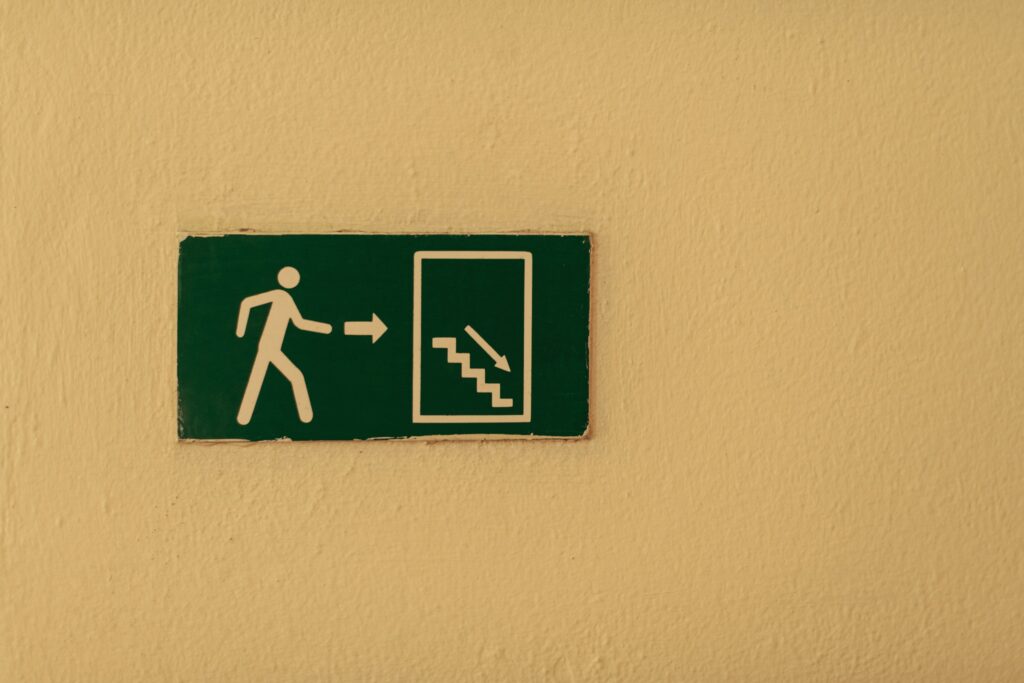
This past week I came across a link to an interview about memes. It sprang from a news story about something—I’ll just say, um, edgy—that the president did, posting a meme that portrayed Hakeem Jeffries, the House Minority Leader, in a sombrero and stereotypical moustache. It wasn’t exactly high art, just a sloppy cut-and-paste job—it was, after all, a meme, and one of the defining features of memes is sloppy cut and paste. The White House released it in both photo and video form; The Guardian and numerous other outlets called the latter a “deep-fake video,” but I don’t think the production values of the video nearly rise, or sink, to that level, though it did put words, including vulgar ones, in Sen. Schumer’s mouth.
The conversation in the podcast—I assume that’s what this interview was part of—turned to the social significance of memes in the current culture, in conjunction with a discussion about whether this particular meme was racist. The guest observed that when he was a young journalist, he would have thought that it was, but that now he’s inclined to see it as a form of political satire. In the process he seemed to be defining memes as a new, creative literary form, combining kitschy art (that was not his term) with creative social comment. I took him to mean that they are an ironic combination of lowbrow graphics with much more nuanced implied commentary.
I don’t think I agree with him—about the novelty, I mean. It seems to me that memes are simply another form in a long tradition of cartooning. This meme, I think, is an example of a specific form of cartooning, the political cartoon, in the tradition of Thomas Nast, but many memes have no political content at all, thus falling into the general category of cartooning. This “new” art form has been birthed by a couple of social factors: the fact that the internet has made everyone a publisher (there was lots of commentary on that 25 years ago or so), and the rise of simple and efficient computer-aided graphics in association with word processing. These factors were new 25 years ago with the advent of the web, but they’re common now; and as I say, the art form of social commentary through graphic design goes all the way back to the ancients.
And that means that the edginess, the acidity, the, well, meanness, of the art form is absolutely nothing new. I easily recall the Palatine Alexamenos Graffito, which pictures Christ on the cross with the head of a donkey; and I’m sure that those with wider expertise in the ancient world could cite numerous examples from the inscriptions and literature that are centuries older than that.
There is a power in cartooning that derives from the cleverness of the nonverbal art. All humans react, at some level or other, to the ironic twist, the “Gotcha!” of a new insight, a new take, especially when it involves a heated social controversy. It makes the proponents laugh, and it makes the opponents rage.
It occurs to me that this rhetorical power is accompanied by a counterbalancing danger, which is apparent in this specific meme. Any visual art, such as a political cartoon, is inherently subjective; it allows the viewer to impose a variety of meanings onto it, with what we might call a reader-response reaction; those who see it will interpret it in the light of their own experiences and ideologies. In this case, the president’s opponents will invariably see it as racist, and his supporters will invariably tell the opponents to lighten up—it’s just a joke.
And that will be followed by commentary on the sad socio-political situation of extreme polarization that gives everybody a hair-trigger, knee-jerk response.
Thus, I suppose, has it ever been.
The current situation gives us a frank look at the moral brokenness of humans. We treat our opponents without empathy, and then we criticize them when they respond as emotional beings with strong convictions—as I do to the Alexamenos Graffito. I don’t see mocking of the Son of God, in the act of dying for my sins, as anything near clever. And I ought to be able, therefore, to empathize with emotional responses to the mocking of the deep commitments of my fellow humans, even those with whom I have significant disagreements.
In every generation there are those who decry the lack of empathy. But if history is any guide, it is likely to remain part of our social fabric until Jesus comes.
I find comfort in Jesus’ promise of return and redemption. For those who see that as fiction, I’m afraid I have no realistic long-term comfort to offer.



